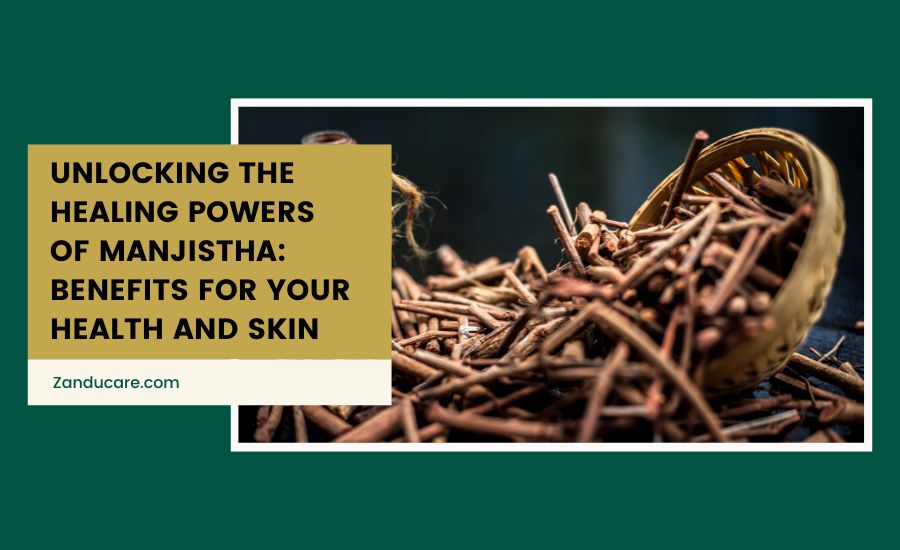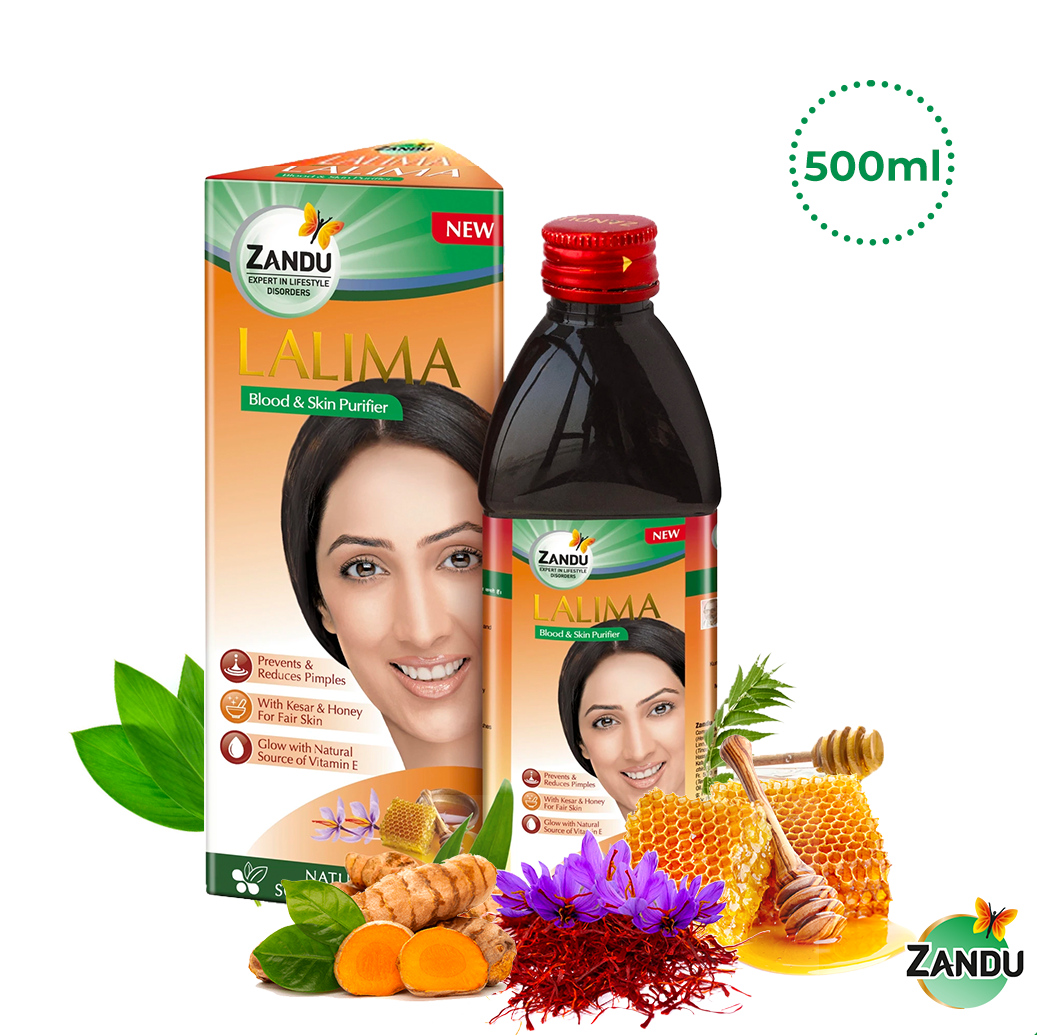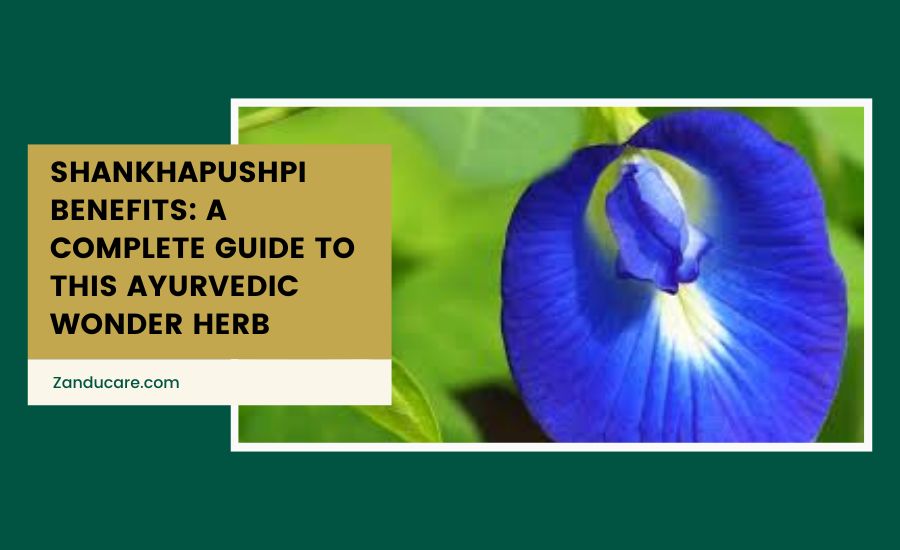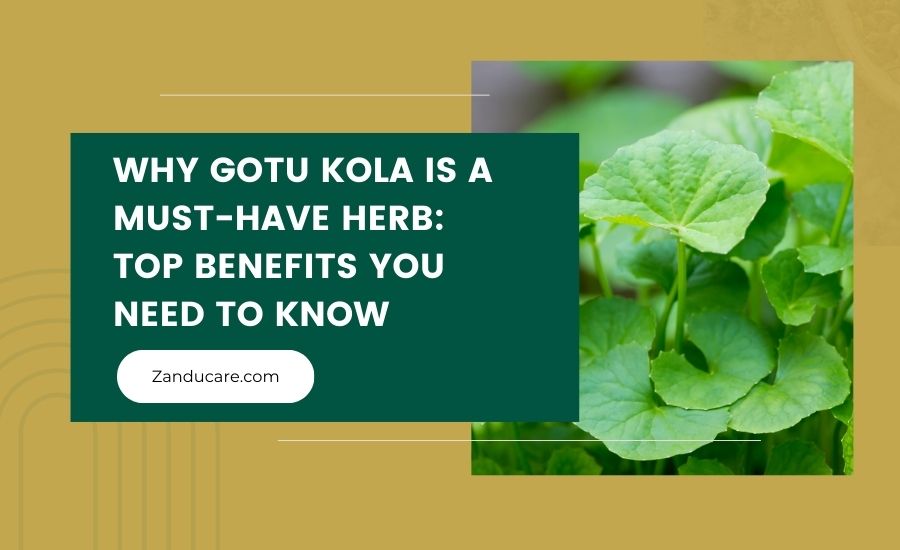
Manjistha: Benefits, Usage, Precautions & Side Effects
|
Key insights:
|
Manjistha (Rubia cordifolia) is a potent Ayurvedic medicine herb celebrated for its numerous health and skin benefits. Known for its deep red roots and a rich history dating back centuries, Manjistha has been used as a natural remedy to detoxify the body, purify the blood, and promote overall health. This article explores the benefits of Manjistha in detail and explains why it has become a must-have in natural health and skincare routines.
|
Did You Know?
|
What is Manjistha?

Manjistha is a flowering vine plant in the coffee family. Its scientific name is Rubia cordifolia. It is an evergreen plant that can grow up to 10 meters long. The stems are reddish in colour and long and square-shaped. The leaves are heart-shaped and arranged in whorls along the stems. Small, greenish-white flowers bloom on branched clusters. These flowers produce small, round berries that are initially green but turn bluish-black or reddish-purple when ripe. Each berry contains tiny round seeds.
As a climbing plant, Manjistha uses tiny hooks on its leaves and stems to latch onto structures and climb upwards. It grows well in moist, nutrient-rich soil and is found natively across Africa, Asia and Europe. Typical habitats include scrublands, forests, shrublands, grassy areas and semi-evergreen forests. Overall, Manjistha is a hardy climbing vine that produces colourful berries. Its native range stretches across three continents in the Eastern hemisphere.
Health Benefits of Manjistha
Below are some of the health benefits of Manjistha:
1. Treats Diarrhoea

Manjistha's strong antibacterial and antidiarrheal qualities are widely used to eradicate intestinal bacteria that cause diarrhoea and other intestinal ailments. When prescribed, it can treat AMA ATISARA, or acute diarrhoea, which is characterised by slimy, sticky, mucus-filled bowels with an unpleasant odour.
This mixture efficiently lowers the frequency of bowel movements and even cures dysentery, eliminating toxins from the body.
2. Manjistha Acts as a Blood Purifier
The purifying of blood is the main purpose of the Manjistha plant. To have healthy skin and hair, one must have purified blood. An excellent blood purifier is Manjistha. It rids the blood of all impurities and purifies it. Manjistha efficiently treats skin disease symptoms. Additionally, it increases immunity.
3. Fights Respiratory Issues
Manjistha is a well-known traditional medicine for a variety of respiratory issues because of its potent anti-inflammatory, anti-bacterial, and anti-asthmatic qualities. It is essential for treating the symptoms of the flu, sore throat, cough, and common cold. Additionally, it actively thins and loosens the rheum particles in the nasal and chest cavities, which facilitates breathing and aids in the body's mucus removal. Additionally, it helps cure bronchial disorders like asthma.
4. Aids in Weight Loss

The body loses more weight quickly because the Manjistha root contains flavonoids and other bioactive ingredients. When taken consistently, formulations, including Manjistha, enhanced with fibre and other nutrients, help sate unexpected hunger pangs and avoid overeating, making them an important part of any weight loss program.
Additionally, the herb lowers the body's buildup of LDL (bad cholesterol or low-density lipoproteins), which enhances metabolism and makes it easier for the body to maintain a healthy weight.
5. Remedies PCOD Symptoms
A remarkable cure for a variety of hormonal issues is manjistha. It is vital for controlling menstruation, addressing postpartum conditions, and even managing severe stomach discomfort and bleeding.
However, it also promotes smooth flow during the menstrual cycle and reduces the discomfort associated with dysmenorrhea. Manjistha formulations actively aid in blood purification and uterine health restoration for women with PCOD, resulting in regular, healthy periods.
6. Acne and Pimples
People with Kapha-Pitta skin types are prone to acne and pimples. In Ayurveda, too much Kapha leads to excess sebum, which clogs pores, creating whiteheads and blackheads. Excess Pitta also causes red, inflamed bumps and pus. Manjistha balances both by clearing clogs and reducing inflammation.
Mix 1/2 to 1 teaspoon Manjistha powder with honey or rose water into a paste to use it for acne. Apply on the affected skin and leave for 1-2 hours before washing off with water. Use this paste 2-3 times weekly to help clear acne and pimples. Manjistha's properties make it an effective traditional remedy for problematic skin.
In addition, you can now buy 100% pure Manjistha medicines from our authorized website, "zanducare.com," and enjoy a discount at checkout.
7. Helpful in Skin Issues

When applied topically, manjistha can help control eczema symptoms. Eczema causes rough, inflamed skin that blisters, itches, and bleeds. Manjistha oil reduces inflammation and bleeding due to its healing properties. To use: Mix 2-5 drops of Manjistha oil with coconut oil and apply to the affected skin once or twice daily. The anti-inflammatory and wound-healing abilities of Manjistha provide relief from eczema symptoms like rashes, swelling, and scratches. Using it continuously can help minimise outbreaks.
Regularly used herbs in manjistha oil calm irritation and promote skin repair from this uncomfortable condition. Its soothing action makes it an effective traditional treatment.
8. Reduces Risk Of Cancer
Manjistha powder is a useful ingredient in the treatment of both benign and malignant malignancies and tumours, particularly ovarian and uterine cancers, although it is not the perfect cure. Its high quinones and cyclic hexapeptide content actively fight cancer cells in the liver, breast, and colon. It can also help treat myeloid leukaemia, histiocytic lymphoma, and other cancers.
9. Manjistha for Wound Healing
Acharyas defined "Vrana Ropana" as the plants that can heal wounds. Rubia cordifolia falls into this group and is frequently used in various formulations to treat wounds and chronic ulcers. In mythology, wounds were washed with a decoction made with Manjistha.
Manjistha roots contain bioactive chemicals that aid wound healing, tissue regeneration, and closure.
Also, do check:
Importance of Manjistha in Ayurveda
Manjistha is a potent blood purifier, and its root is used extensively to treat skin conditions. It has a sweet and astringent taste with a hot potency and is heavy, dry in action, and pungent after digestion. Manjistha balances the vitiated Kapha and Pitta doshas, though an excess dosage can aggravate Vata.
Acharya Charaka classifies Manjistha under the group Varnya, which are herbs that enhance skin complexion, while Acharya Susrutha includes it in the group Vrana Ropana, which are herbs promoting wound healing. Manjistha is widely used in Ayurveda to manage skin conditions, diabetes, urinary disorders, and ulcers.
Side-Effects and Precautions of Manjistha
Though Manjistha has many health and skincare benefits, it is important to exercise caution with this potent herb.
- Pregnant and nursing mothers should avoid Manjistha, as its safety during pregnancy and breastfeeding is unknown. It is better to avoid potential risks to the fetus or infant.
- Some people may develop allergic reactions to Manjistha, ranging from skin rashes to stomach discomfort and pain. To check for allergies, do a patch test before wider skin application.
- Overconsuming Manjistha can trigger digestive problems like nausea and diarrhoea. Stick to recommended doses.
- Manjistha may interact with certain medications, especially those regulating blood sugar and thinners. Talk to your doctor before taking Manjistha alongside prescription drugs.
- Avoid sensitive areas around the eyes with topical use, as the powder can irritate.
Dosage
Manjistha comes in many forms, including powders, jams, teas, tablets, and dried root. Its bitter, pungent taste makes it more palatable when combined with honey.
The right dosage of Manjistha depends on the individual. Factors like age, health condition and severity of illness play a role. So, it's best to consult an Ayurvedic practitioner. They will examine you thoroughly and suggest the correct dose and duration.
If taking Manjistha powder: Mix 1⁄4 to 1⁄2 teaspoon powder in warm water with honey and drink it twice daily after meals.
If taking Manjistha tablets or capsules: Take 1-2 tablets or capsules with water twice daily after meals.
In summary, the powder can be mixed with water and honey for a more drinkable solution, or tablets/capsules can be popped with water instead. In both cases, take it twice a day after food. Follow the specific amount your Ayurvedic doctor recommends, as the dosage can vary. Consulting an expert ensures you take Manjistha in the right dose for your needs.
Conclusion
Manjistha’s healing properties make it a standout in natural health and skincare. Its ability to purify the blood, support detoxification, and improve skin health is unmatched. Whether consumed as a tea, taken in supplement form, or applied topically, Manjistha is a versatile and effective remedy. If you are looking for a natural way to boost your health and achieve clear, youthful skin, Manjistha could be the perfect addition to your routine. Always use it as recommended and consult a healthcare professional to enjoy its benefits safely.
FAQs
1. What is Manjistha, and where does it come from?
Manjistha (Rubia cordifolia) is a climbing herb commonly found in India and other parts of Asia. Its roots are known for their deep red colour and have been used in Ayurvedic medicine for centuries due to their powerful health and skin benefits.
2. What are the main health benefits of using Manjistha?
Manjistha is well-regarded for its ability to purify the blood, support detoxification, boost immunity, and reduce inflammation. It also helps maintain a balanced system by supporting liver and kidney function.
3. How does Manjistha help with skin issues?
Manjistha is effective in treating various skin concerns such as acne, hyperpigmentation, and premature ageing. Its antibacterial and anti-inflammatory properties help clear breakouts, soothe redness, and even tone skin.
4. Can I use Manjistha to reduce pigmentation and dark spots?
Manjistha inhibits melanin production, which helps reduce dark spots and pigmentation. Regularly using Manjistha in topical applications or skin care products can help even out skin tone and fade discolouration.
5. How should I use Manjistha for skin benefits?
You can use Manjistha powder to create a face mask by mixing it with rose water or honey. Alternatively, Manjistha-infused oils and creams are available for direct application. Drinking Manjistha tea can also promote healthier skin from within.
6. Is Manjistha safe for everyone to use?
Manjistha is generally safe for most people. However, pregnant or breastfeeding women and individuals with low blood pressure should consult a healthcare professional before using it. It’s also recommended to follow the suggested dosages for safe consumption.






Leave a comment
This site is protected by hCaptcha and the hCaptcha Privacy Policy and Terms of Service apply.